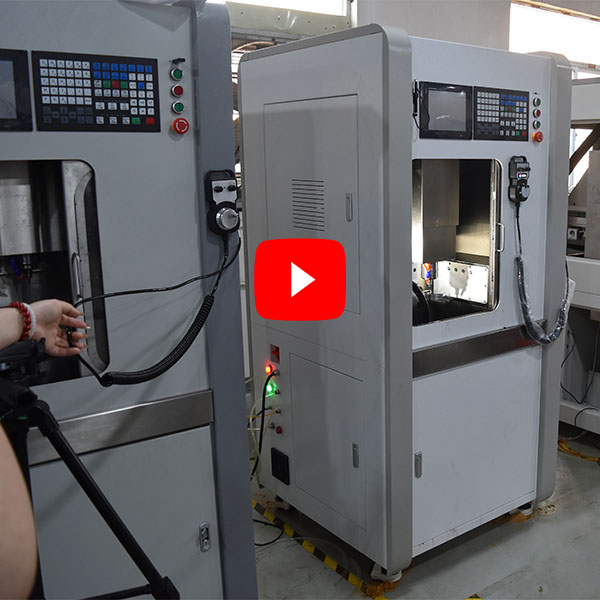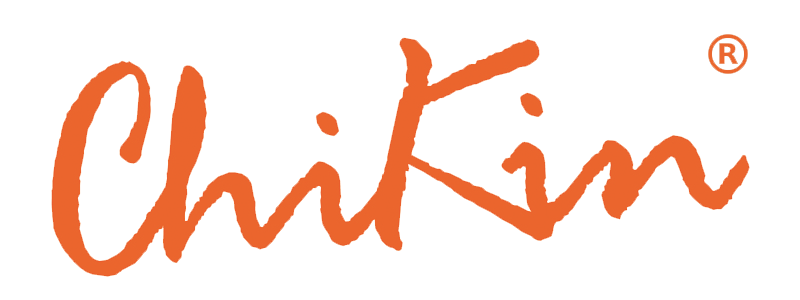Small Five-axis Engraving Machines VS Large Five-axis
Mar 10, 2025
Yes, five-axis engraving machines can be categorized into large five-axis and small five-axis types, mainly differing in structure, machining methods, and application scenarios.
1. Large Five-Axis Engraving Machine
Features:
- Typically gantry-type or bridge-type structures, suitable for machining large workpieces.
- Uses a dual-rotary head (AB-axis) or rotary table (AC-axis) for multi-directional machining.
- Larger work envelope, ideal for machining large molds, aerospace parts, and automotive components.
- Designed for high-precision and high-rigidity machining, capable of processing complex 3D surfaces.
Applications:
- Aerospace (turbine blades, impellers)
- Automotive (engine components, body molds)
- Large-scale mold manufacturing
2. Small Five-Axis Engraving Machine
Features:
- Compact structure, often designed with a rotary table + tilting head (AC-axis) or dual-rotary head (AB-axis).
- High precision, suitable for small, intricate parts such as electronic components and watch parts.
- Designed for high-speed, fine engraving, but with limitations on workpiece size.
- Ideal for micro-machining and precision engraving.
Applications:
- Jewelry & Watchmaking (fine engraving, miniature parts)
- Medical devices (implants, precision instruments)
- Electronics (smartphone casings, chip molds)
- Small-scale crafts (wood carving, metal engravin

How to Choose?
- For large parts or mold machining, choose a large five-axis engraving machine.
- For high-precision micro-machining and engraving, choose a small five-axis engraving machine.
- If versatility is required, consider a mid-sized or adaptable five-axis machine.
Recent Posts

October 26, 2016
The Most Successful Engineering Contractor
May 12, 2025
China PCB Drilling Routing machine Development
May 06, 2025
PCB Design Process and Key Points





